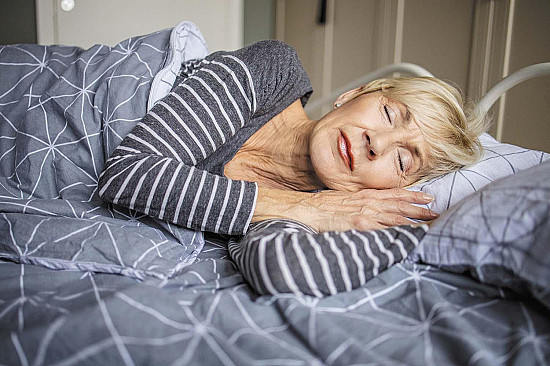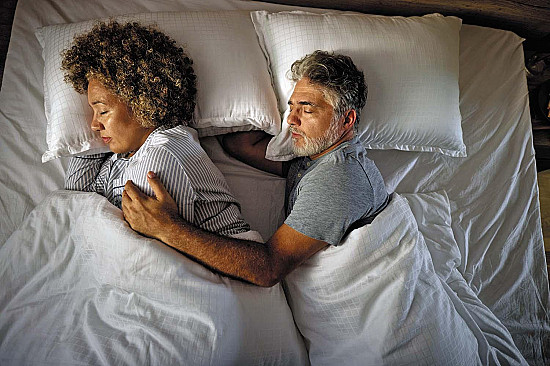Napping boosts sleep and cognitive function in healthy older adults
With age come changes in the structure and quality of our sleep. After about age 60, we have less deep (slow-wave) sleep and more rapid sleep cycles, we awaken more often, and we sleep an average of two hours less at night than we did as young adults. It was once thought that older people didn’t need as much sleep as younger ones, but experts now agree that’s not the case. Regardless of age, we typically need seven-and-a-half to eight hours of sleep to function at our best. So if you’re not getting enough sleep at night, what about daytime naps? Or does napping disrupt the sleep cycle, ultimately yielding less sleep and more daytime drowsiness?
To continue reading this article, you must log in.
Subscribe to Harvard Health Online Plus (HHO+) to unlock expert-backed health insights, personalized tools, and exclusive resources to feel your best every day.
Here’s what you get with your HHO+ membership:
- Unlimited access to all Harvard Health Online content
- 4 expertly curated newsletters delivered monthly
- Customized website experience aligned to your health goals
- In-depth health guides on topics like sleep, exercise, and more
- Interactive features like videos and quizzes
- Members-only access to exclusive articles and resources
I’d like to subscribe to HHO+ for $4.99/month to access expert-backed content to help make smart, informed decisions about my well-being.
Sign Me UpAlready a member? Login ».
Disclaimer:
As a service to our readers, Harvard Health Publishing provides access to our library of archived content. Please note the date of last review or update on all articles.
No content on this site, regardless of date, should ever be used as a substitute for direct medical advice from your doctor or other qualified clinician.















